France calls for an end to TTIP talks
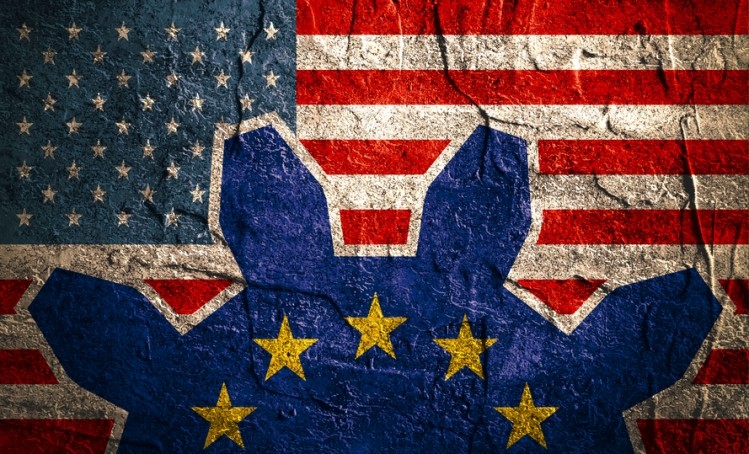
France's minister of foreign trade Matthias Fekl told RMC radio yesterday there was no longer any political support for the TTIP negotiations in France, he said, and the country needed a clean, clear and definitive cessation to the negotiations.
“The Americans have given nothing, or just some crumbs,” he said.
Speaking more cautiously, French president Francois Hollande said there would be no deal before the end of US president Barrack Obama's term.
TTIP negotiations have been going on for three years with the aim of removing trade barriers and harmonising regulation in order to create a single common market of 820 million consumers.
The hope was that TTIP would reverse this trend and stimulate growth for all countries involved, especially given that trade between the EU and US has been on the decline. According to Euromonitor data, exports from the USA to the 28 EU member states fell from 21% in 2009 to 17.1% in 2014 (as a proportion of total trade) for the 2009 – 2014 period, while the proportion of the EU’s total exports fell from 6.2% in 2009 to 5.9% by 2014.
But a number of seemingly insurmountable sticking points have stalled the negotiations’ progress. Many of these directly concern the agri-food industry, from US reticence to recognise EU protected designated origin status for certain food names it considers to be generic, such as parmesan, or European fears over having to accept less stringent food safety standards from the US.
Talks have "de facto failed"
Fekl’s comments add to the growing voices of opposition among member states. Although Germany’s chancellor Angela Merkel is in favour of the deal, the country’s minister of economy and vice chancellor Sigmar Gabriel said at a press conference on Sunday the negotiations had essentially failed.
“The negotiations with the United States have de facto failed, although nobody really admits to it, and that is because having had 14 rounds of negotiations in 27 chapters, there has not been a single joint statement,” he said, although this was denied by US trade representative, Michael Froman, who told German newspaper Der Spiegel, the talks were making steady progress.
Food industry watchdog group, FoodWatch, welcomed the comments made by Fekl and Gabriel yesterday. It has been a prolific campaigner against the trade deal in France, Germany and the Netherlands. A petition urging the French government to end negotiations has attracted almost 100,000 signatures while a march against the trade deal attracted either 100,000 or 250,000 protesters, according to figures given by the police and the organisers respectively.
TTIP will "die with a whimper"
What does this mean for the trade deal?
According to Diego Zuluaga, financial services research fellow at the Institute of Economic Affairs, TTIP will “die with a whimper,”
Such overt opposition from two of the EU’s biggest economic powerhouses over the agreement, which must be ratified by all member states, does not bode well for the Commission.
“Arguably the two most sceptical EU countries are also the two most economically and politically important, namely Germany and France. In addition, the most recent impasse would appear to highlight the difficulties of bringing any meaningful trade deal to a successful conclusion in a bloc as large and diverse as the EU,” he told FoodNavigator.
And with the trade deal’s biggest supporter within the EU having voted in favour of quitting the bloc, this puts negotiations on a further back foot.
“Brexit was a blow to the TTIP negotiations because it means the departure of a generally pro-free trade and pro-American Member State, thus tilting the balance further in favour of protectionist EU countries,” said Zuluaga.
What next?
In the long-term, the EU and US could strike up a narrower trade deal that focuses on issues that draw common interest, such as manufacturing, chemicals and medical devices while leaving aside the more controversial areas such as agricultural products and financial series.
“It won’t be TTIP, but let us hope there is another deal – perhaps less intricate and less ambitious – which can come to fruition sooner rather than later,” added Zuluaga.
With most of the focus on TTIP, FoodWatch drew attention to the relative silence surrounding the EU’s trade agreement with Canada, CETA, which it believes presents the same dangers.
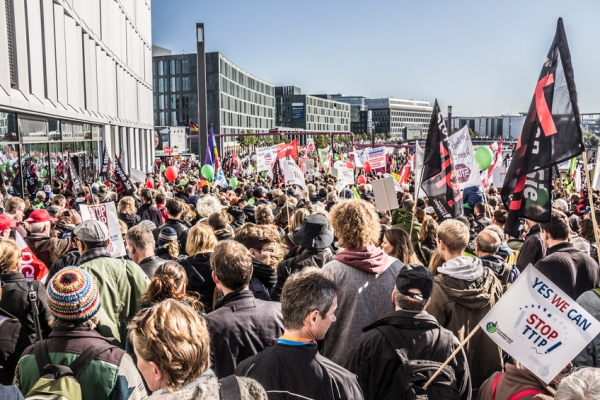
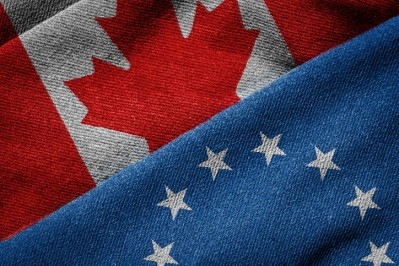
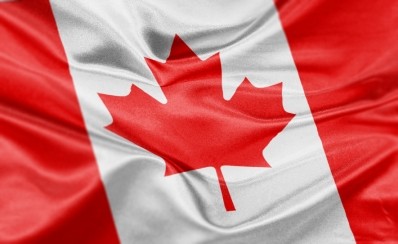
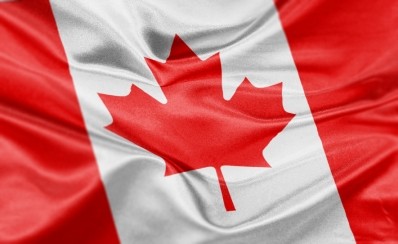
![MEP Bernd Lange said that negotiating TTIP terms was the 'democratic duty' of EU parliamentarians. “If [globalization] is to work for the benefit of the people, then it cannot be left in the hands of the negotiators alone."](/var/wrbm_gb_food_pharma/storage/images/_aliases/wrbm_medium/9/3/0/7/1727039-1-eng-GB/MEPs-back-TTIP-but-reject-investor-clause.jpg)




















